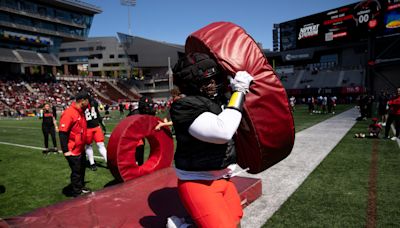Search results
May 30, 2024 · How do you know if you have a blood clot? The only way to know for sure is to see your doctor. Your doctor can do tests such as an ultrasound, CT scan, and even a blood test to see if you...
Dec 1, 2021 · You should seek immediate medical attention if you think you might have a blood clot. A healthcare professional will look at your symptoms and medical history and let you know what steps to...
Feb 25, 2022 · Signs of a blood clot can vary depending on where it’s located in your body. Our vascular medicine specialist discusses what to look out for, and when to seek help.
Nov 4, 2022 · Frequently Asked Questions. How Blood Clots Are Treated. When a blood vessel is damaged, your body's blood clotting ability prevents too much blood from being lost. Forming a clot is also the first step in healing the injury. Sometimes, a blood clot forms when it doesn't need to and blocks a blood vessel.
Jan 4, 2022 · After diagnosis, first find out whether your clot is in an artery (vessels that carry blood away from the heart) or a vein (vessels that carry blood back to the heart from legs, arms, abdominal organs and brain). Clots in arteries may lead to stroke, transient ischemic attack (TIA or mini stroke ), heart attack and other conditions.
Jun 2, 2020 · A person may suspect that they have a blood clot if they have known risk factors and experience symptoms. Knowing the signs can aid diagnosis and treatment.
Aug 31, 2022 · The most common symptoms and regions of a blood clot are: In the arms or legs: Deep vein thrombosis (DVT) causes swelling in the affected limb. In the heart: A heart attack can cause shortness of breath, chest pain, arm pain, jaw pain, or indigestion.






